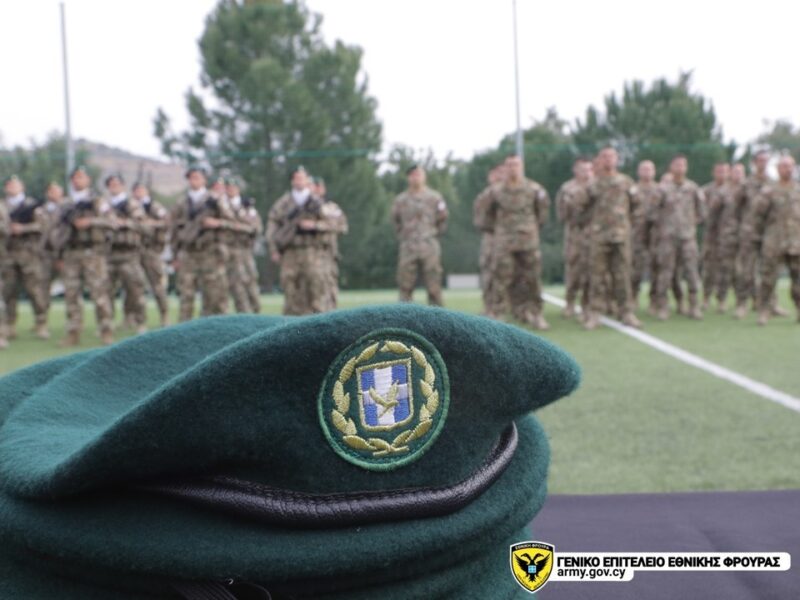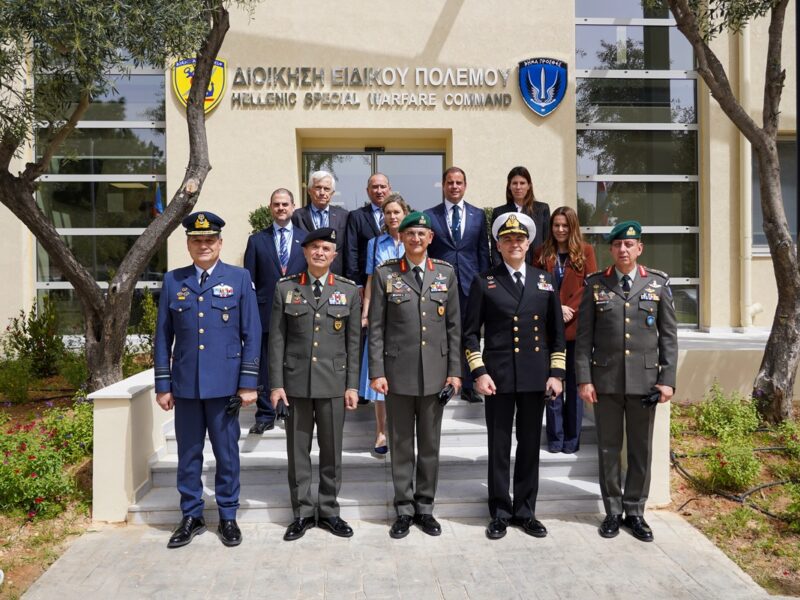Erdogan has declared war. That this is only verbal does not mean that it does not obey martial logic and cannot be effective.
The Turkish leader insists on returning almost every other day to threatening statements against Greece, with statements of the type “we will come at night”, while in a more official way Turkish diplomacy addresses the international factor, focusing on the letters sent by Mevlut Cavusoglu to the UN and NATO all Turkish objections and claims against Greece.
It would be a mistake to think that this homobrony is part of the usual history of Greek-Turkish relations or of Erdogan’s well-known methods of galvanizing his domestic audience. The systematicity and intensity of the rhetorical attacks points to an attempt to change the scene, with a proactive legitimization of any subsequent steps by invoking Turkey’s “self-defense” against “Greek aggression and arbitrariness”. Whether the change of scene is considered possible only through political means or the “mix” foresees the use of hard power as well (it is unclear on what scale) is the big question of the coming weeks and months. But just the fact that in many capitals this question, without being able to answer what Ankara’s decision-makers have in mind, creates results of its own.
The appeals from the European side to avoid any escalation are the flip side of the conclusion, which Erdogan wants to consolidate internationally: that escalation dominance belongs to Turkey.
The message addressed to Greece has many strands: that it is not equal to Turkey, that it is not currently recognized as an interlocutor, that it has “badly learned” to abuse its participation in the Euro-Atlantic institutions, that it has been placed in the service of fraud plans of third parties against its neighbor, who, however, will not hesitate, if necessary, to resort to moves “outside the prescription”.
And in a manner reminiscent of the mechanism of “projection” in psychoanalysis, Ankara’s rhetoric discovers in the Greek case an “expansive” force, which undermines the unity of the West, e.g. with the alleged use of Crete’s S-300 systems to “lock” Turkish fighters.
At a time when Erdogan is easing tensions on all fronts of Turkish foreign policy except Greece, he is touring the Western Balkans and boasting that his country will avoid Europe’s energy crisis thanks to its relations with Russia, however, the strongest messages concern the West itself. The one that, as the Turkish leader himself considers, is not in a position to effectively defend its corporate and allied relationship with Greece.
Seeing the opportunities created by broader, seismic developments, Erdogan is seeking to establish a role within NATO that will be far removed from the old model of formal equality of member states and unquestioned American leadership. A role reminiscent of Donald Trump’s “transactional” understanding of alliances or Poland’s a la carte compliance with EU rules and corresponds to the country with the second largest army within NATO, the only one that cultivates counterweights outside of the common camp.


